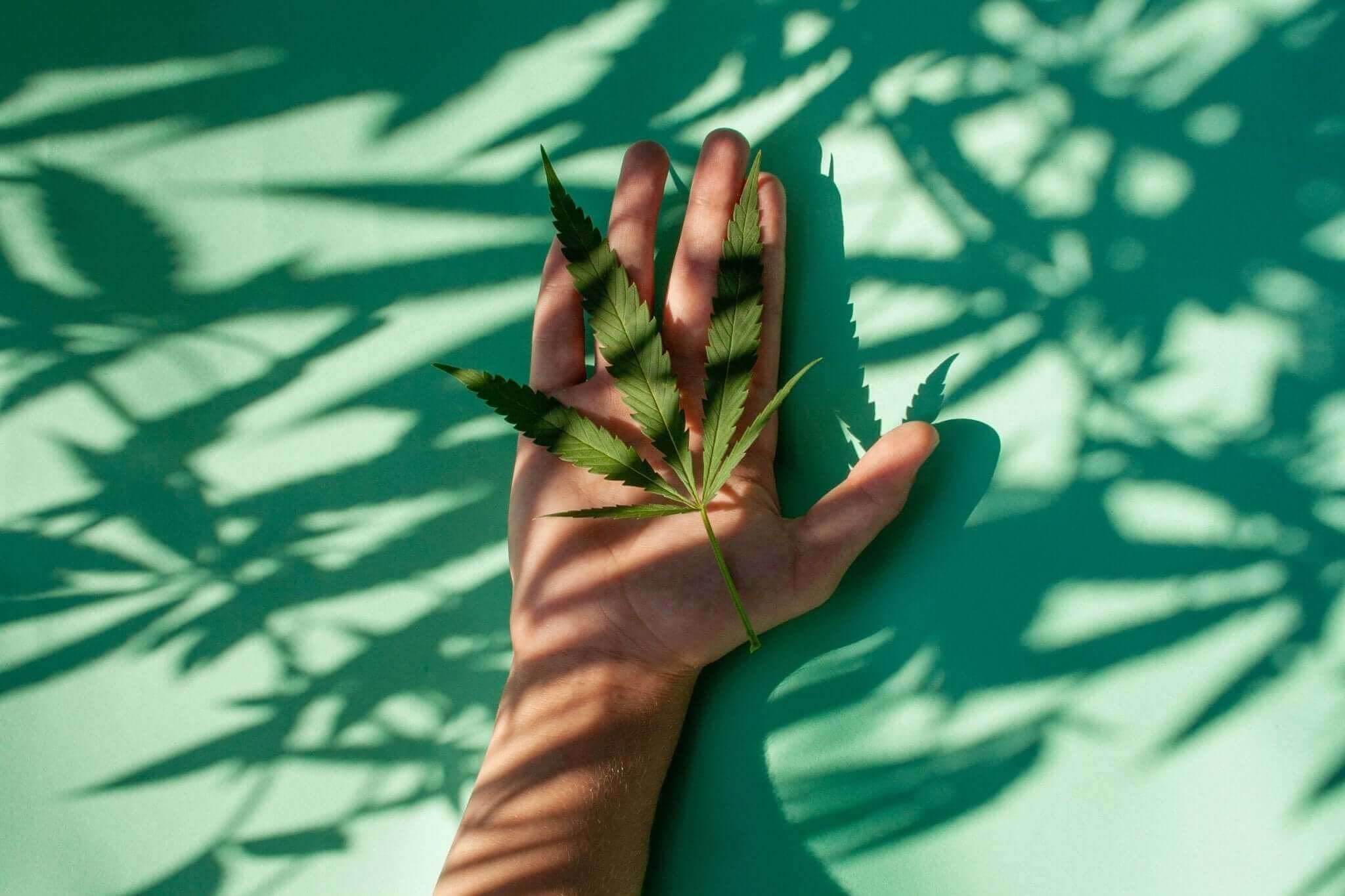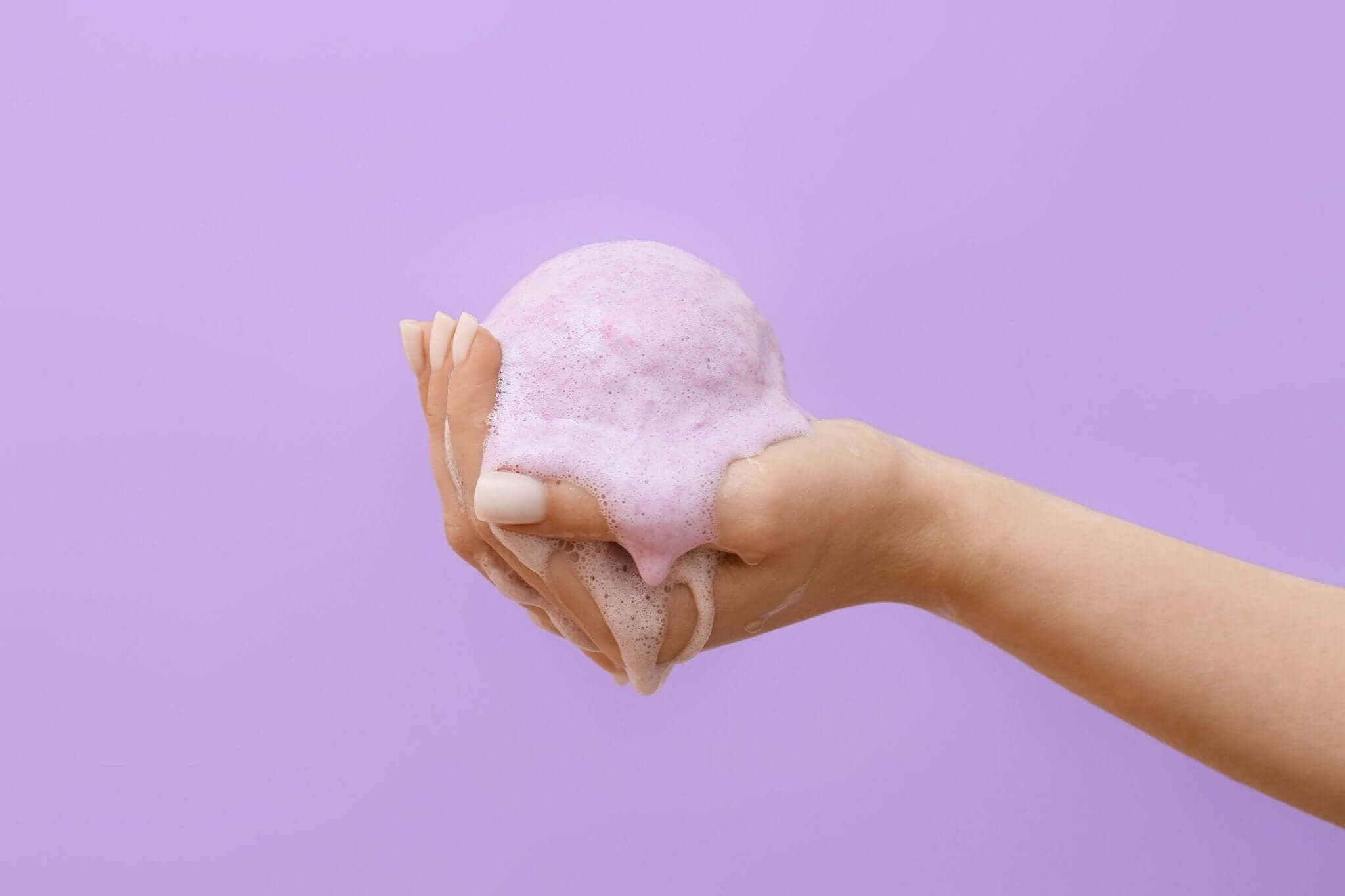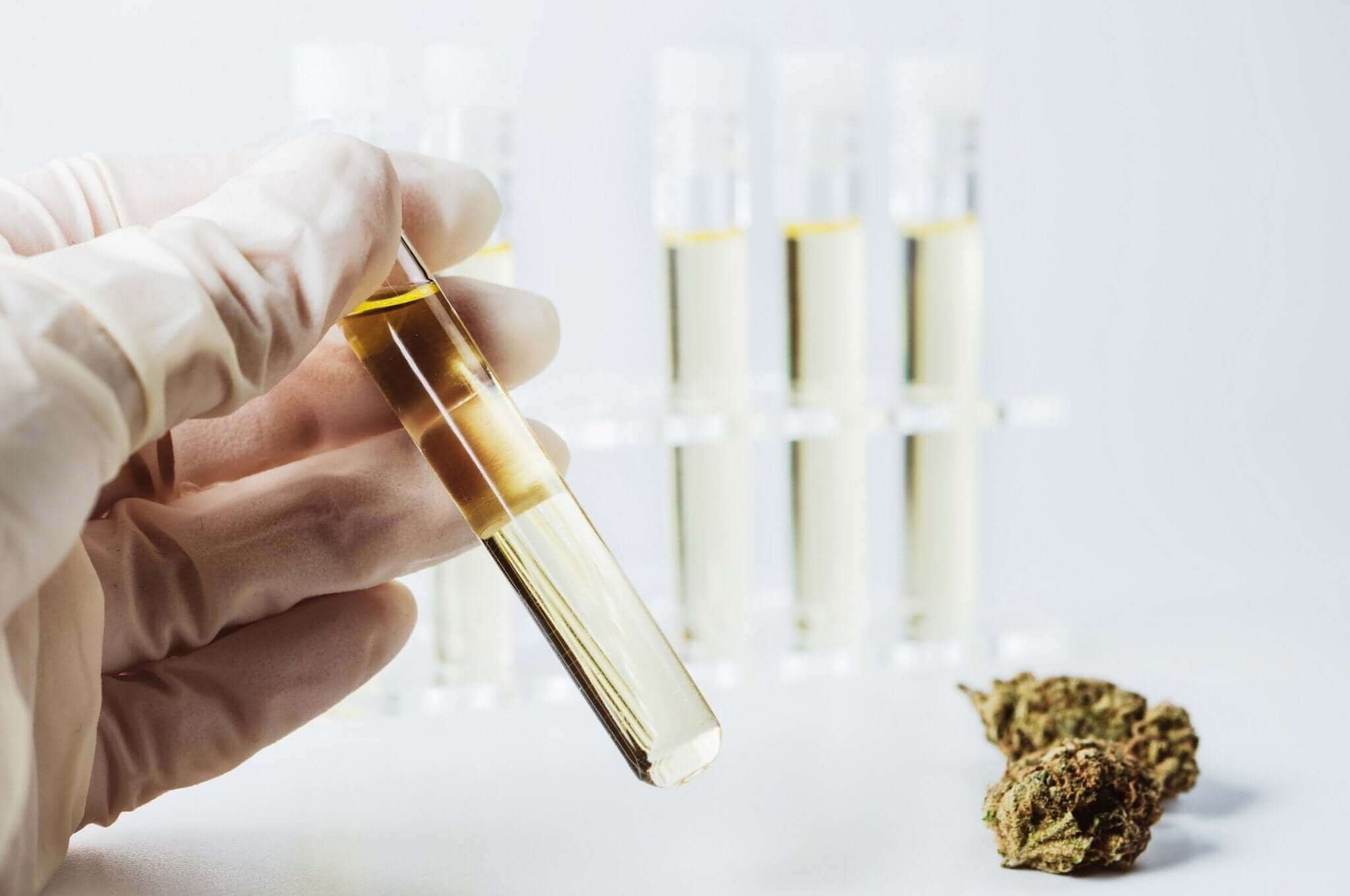8 CBD Questions Answered for the CBD Curious

In recent years, CBD’s popularity has grown significantly and market forecast suggest a continuous upward trend. The hype surrounding CBD has propelled brands across industries to infuse CBD into their products from chocolates, burgers, coffee, breath sprays, skincare, sportswear (true story), and now in soap and bath bomb recipes (why hello there). With so many CBD products remaining widely accessible in the United States such as in local groceries, spas, and coffee shops, many people have since embraced its use into their daily routines.
But the other thing that seems to be growing faster than CBD’s popularity is the confusion surrounding this controversial chemical compound. If you’re CBD curious and looking to educate yourself or those around you, continue reading below to uncover the truth about CBD (and what we know so far):
1. What exactly is CBD?
CBD is short for cannabidiol, one of the most active chemical compounds found in the cannabis sativa plant and accounts for up to 40% of its extract.
2. Is CBD an illegal substance?
Thanks to the US Farm Bill in 2018, hemp-derived products were removed from the Controlled Substances Act allowing hemp-derived CBD products to be sold legally (including CBD bath bombs and soaps - woohoo). CBD is legal if it comes from hemp but may be illegal in some states if marijuana-derived unless for medical purposes.
However, while CBD may be legal across all 50 states, each state has varying degrees of restrictions and has their own impositions concerning what form and type people can use legally.
3. What is causing the CBD stigma?
The cannabis sativa plant has 2 kinds: hemp and marijuana. Because CBD is derived from the cannabis sativa plant, people have associated it with marijuana which is still considered illegal in most countries.
Although both plants are related, marijuana is not the same type as industrial hemp. While CBD can come from either marijuana or hemp, CBD products including CBD soaps and bath bombs are hemp-derived.
4. What is THC?
THC is short for tetrahydrocannabinol, another active compound found in the cannabis sativa plant that causes what the marijuana plant is popularly known for: the high sensation. Marijuana contains a high level of THC as opposed to industrial hemp which only contains small traces of THC but higher levels of CBD.
5. Will CBD get me high?
Although CBD may have small traces of THC, it is not enough to cause a high. One of the major differences between marijuana and hemp is their cannabinoid structure wherein marijuana contains more than 0.3% of THC while hemp has less than 0.3% THC which is actually the legal limit of THC level imposed by the FDA in CBD-derived products. Because CBD contains less than 0.3% of THC, it is non-psychotropic and will not get you high.
6. Will it show up in my drug test?
Most drug tests do not test for CBD and the THC level in third-party lab-tested CBD products are too low to be detected in medical tests. The only way someone will test positive in a drug test when using CBD is when a person takes it in higher doses far more than is reasonable.
Using CBD topicals such as CBD bath bombs and soaps only saturates your skin and muscles therefore, it should keep you clear from testing positive.
7. What are the benefits of CBD?
CBD quickly gained ground due to anecdotal evidence of therapeutic benefits from thousands of people who have used it. While studies and clinical trials are still ongoing, CBD has been touted for reducing anxiety, chronic pain, and insomnia. But so far, there’s not enough evidence to support these claims yet and the only scientific evidence of CBD’s health and medical benefit is in treating epilepsy through the drug called Epidiolex which is the first CBD-derived approved medicine by the FDA.
As far as CBD topicals are concerned, there isn’t any in-depth research to prove its benefits to date but some early studies have documented the anti-inflammatory properties of topical CBD and a slew of other skin benefits.
For example, the American Academy of Dermatology suggests the use of topical CBD formulations for acne, eczema, and psoriasis treatment. Another study from the Journal of Drug in Dermatology concluded CBD as having significant regenerative and anti-inflammatory effects to aid in suppression of acne breakouts. Other studies have also shown that CBD’s anti-oxidant and anti-aging properties may go beyond the scope of vitamins E and C in a way that it helps slow down the aging process more effectively.
On top of these findings, further in-depth research on CBD’s skin benefits is still being worked on.
8. Is CBD safe to use?
Most safety concerns associated with the use of CBD are in ingesting this chemical compound. Minor side effects that have been reported after taking CBD ingestible include fatigue, diarrhea, and nausea while more serious aftereffects reported include liver abnormalities in cases where people have ingested higher doses. In general, CBD does not have any known and proven side effects. The World Health Organization suggests that any potential side effects from using CBD are likely the result of interactions with other medications.
Not convinced?
While CBD use is growing in popularity, a lot of false assumptions are still made around it causing less informed people to think of it as an illicit drug or a dangerous substance. We know that CBD is an effective treatment for epilepsy but the fact that it hasn’t been fully endorsed by FDA to diagnose, treat, or cure any other ailments also adds to the skepticism despite many CBD users attesting to its prowess.
When shopping for CBD, it's important to look out for the Certificate of Analysis, or COA, to help ensure that the product is made to specification and indicates the potency of CBD and THC in each product, as labeled. You can also opt to use measuring devices such as the tCheck CBD potency tester to measure the strength of your CBD product the easy way and right from the comfort of home.
If you are CBD curious but still not 100% confident to try CBD, one of the safest ways to take it is in the form of topicals such as serums, lotions, soaps, and bath bombs. Tub Therapy CBD bath bombs and soaps are hemp-derived and contain less than 0.3% THC so you can enjoy CBD’s benefits without the buzz. Infused with other skin-friendly organic ingredients, any feelings of euphoria from using our products can be attributed to feelings of well-being in response to a luxe cleanse.
Sources: Harvard Health Publishing, Health.com



